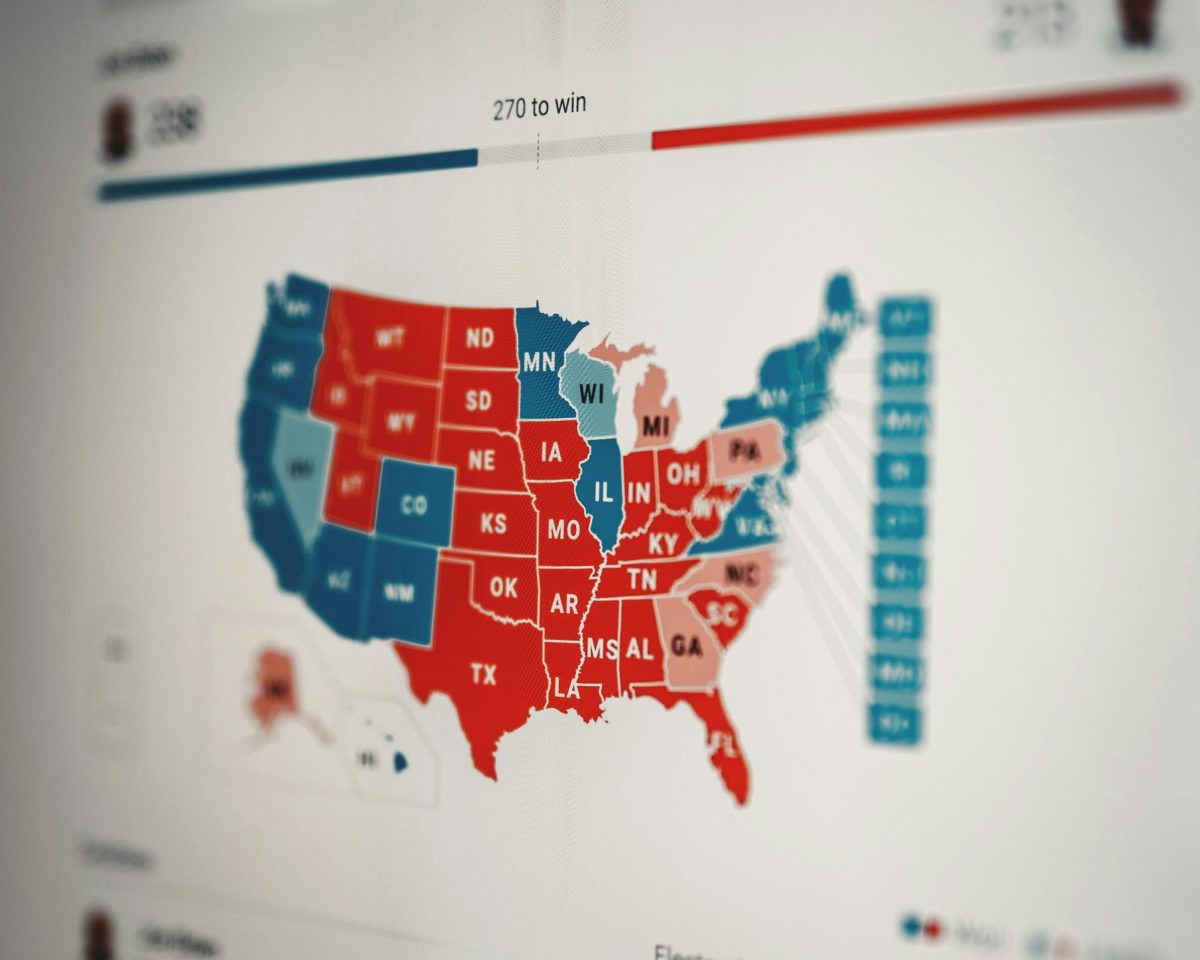Allowing 16-year-olds to vote is far too early for such an important responsibility as electing our president. Between the ages of 16-18, there is significant development growth, with maturity levels continuing to rise well beyond 18. In fact, the brain’s frontal lobe fully is not fully developed until age 25, almost a decade after 16. This time allows individuals to form their own beliefs and grow into independent thinkers.
Voting on the structure of our government in terms of rules, laws, and policies requires a knowledgeable and mature mind. Delaying the voting age ensures individuals have more life experience and a stronger ability to make informed choices. Social media also plays a major role in shaping the opinions of adolescents. At 16, many teens rely heavily on influencers, celebrities, and online posts for guidance rather than personal experience. This leaves their opinions vulnerable to bias and misinformation.
Additionally, the priorities of 16-year-olds differ greatly from those of 18-year-olds, despite a 2 year age gap. For example, at 16 I was more concerned about passing my drivers test than understanding the economy or issues like abortion rights. By 18, however, young adults are preparing for college, entering the workforce, and becoming more aware of laws and policies that directly affect their lives. This makes them much better prepared to vote responsibly. That said, lowering the voting age to 16 could have one benefit: it may encourage long term voter participation. Early exposure to civic discussions at home such as dinner table conversation about politics might create a “trickle up” effect, which fosters great political engagement in adulthood. Still, despite this potential advantage, the lack of maturity at 16 makes it an unsuitable age for accurate and thoughtful participation in elections.
